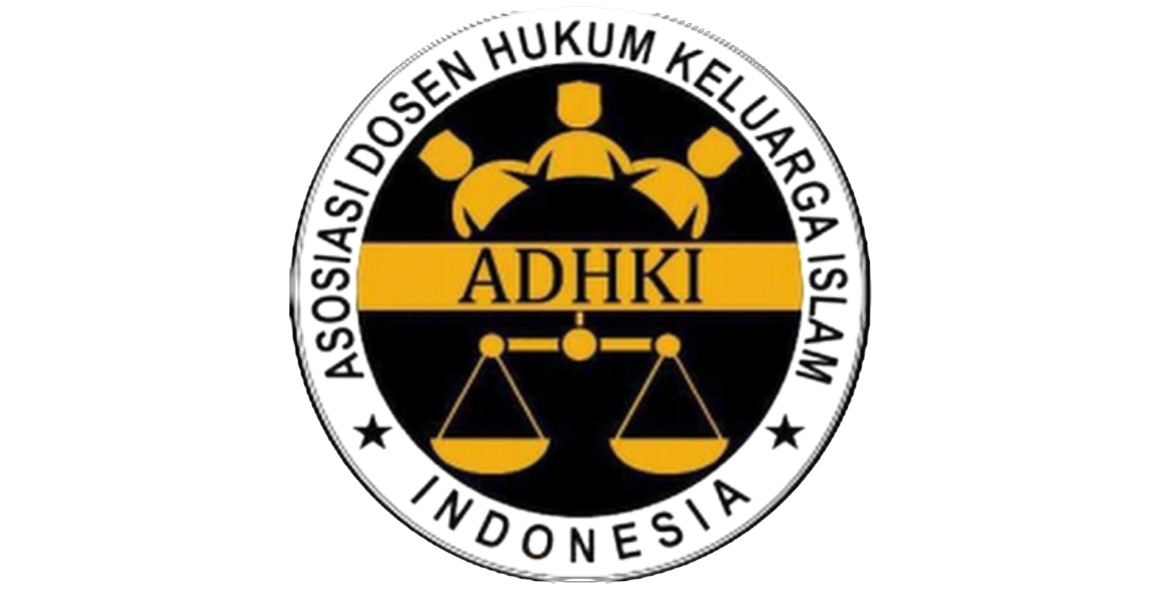Analysis of the Heretical Fatwa of the MUI of West Kalimantan Province No. 01/ MUI-KALIMANTAN BARAT/I/2016 on the Teachings of the Gerakan Fajar Nusantara (GAFATAR)
Analisis Fatwa Sesat MUI Provinsi Kalimantan Barat No. 01/MUI-KALIMANTAN BARAT/I/2016 tentang Ajaran Gerakan Fajar Nusantara (GAFATAR)
Abstract
This paper discusses the heretical fatwa issued by the MUI of West Kalimantan Province against Gerakan Fajar Nusantara (Gafatar). In the beginning, Gafatar was engaged in social and community affairs, but in its development, the Community Organization taught religious beliefs and understandings that unsettled Muslim communities in Moton Village, Mempawah Regency, West Kalimantan Province. The phenomenon was then followed up by the West Kalimantan MUI by issuing heretical fatwas and calls to repent for Gafatar members. But on the other hand, the ex-Gafatar General Chairperson, Mahful M Tumanurung argues that the teachings of Gafatar are not Islamic, but they adhere to and hold fast to the understanding of Millah Abraham as the Way of God's Truth. This type of research in this paper is field research with an empirical-qualitative approach. Using qualitative data analysis, the results of this study explain that the consideration of the West Kalimantan Province MUI in issuing fatwa Number 01/MUI-West Kalimantan/I/2016 concerning the Teachings of the Nusantara Fajar Movement (Gafatar) is that the teachings carried by the Gafatar sect conflict with the Qur'an, the Hadith and the rules of Usuluddin, especially following the 10 criteria of heresy issued by the MUI. MUI is not authorized to issue fatwas forbidden if the teachings of Gafatar are a new religion, not Islam, because it is contrary to human rights.
References
Asrawijaya, Enkin. “Gafatar dan Dinamika Gerakan Sosialnya.” Sasdaya 3, no. 1 (2019): 61–78. https://doi.org/10.22146/sasdayajournal.43887.
Dody Nur, Andriyan. “MUI: Kedudukan dan Fatwa dari Perspektif Ketatanegaraan,” t.t. http://dodynurandriyan.blogspot.co.id/2009/01/mui-kedudukan-dan-fatwa-dari-perspektif.html.
Farida, Annikmah. “Pendapat Para Fuqoha dan Majelis Ulama Indonesia (MUI) Tentang Filosofi dan Hikmah Larangan Pernikahan Beda Agama serta Dampaknya.” Jurnal Mahkamah: Kajian Ilmu Hukum dan Hukum Islam 1, no. 1 (2016): 257–83.
Fatwa Majelis Ulama Indonesia (MUI) Kalimantan Barat Nomor: 01/MUI-Kalimantan Barat/I/2016 Tentang Ajaran Gerakan Fajar Nusantara (Gafatar).
Hasil Rapat Kerja Daerah Majelis Ulama Indonesia Provinsi Kalimantan Barat tahun 2018-2023.
Mutahar, Hasan al. “Penyebab Konflik antara Pengikut Gerakan Fajar Nusantara (Gafatar) dan Masyarakat Mempawah Timur.” Sosiohumaniora 19, no. 1 (2017): 18–20. https://doi.org/10.24198/sosiohumaniora.v19i1.11406.
Nafi’a, Ilman. “Fatwa Pluralisme dan Pluralitas Agama MUI (Majlis Ulama Indonesia) dalam Perspektif Tokoh Islam Cirebon.” Holistik 14, no. 1 (2013).
Niko, Nikodemus. “Konflik Horisontal Gafatar di Kalimantan Barat: Perspektif Johan Galtung.” Nizham 5, no. 1 (2017).
“Profil MUI Provinsi Kalimantan Barat,” dokumen diperoleh pada Maret 2016.
Riadi, M. Erfan. “Kedudukan Fatwa Ditinjau dari Hukum Islam dan Hukum Positif (Analisis Yuridis Normatif).” Ulumuddin 6, no. 4 (Juni 2010).
Rosyid, Moh. “Tanggung Jawab Pemerintah Daerah terhadap Eks-Anggota Gerakan Fajar Nusantara.” Jurnal Sejarah Citra Lekha 2, no. 2 (2017): 92–111. https://doi.org/10.14710/jscl.v2i2.15397.
Sayadi, Wajidi. Hasil wawancara dengan Dr. H. Wajidi Sayadi, M.Ag., Ketua Komisi Fatwa MUI Provinsi Kalimantan Barat Tahun 2016, Maret 2016.
“Sejarah MUI.” Diakses 12 Februari 2020. https://mui.or.id/sejarah-mui/.
Sibuea, Harris Y. P. “Perspektif Yuridis Penanganan Organisasi Kemasyarakatan Gafatar.” Info Singkat Hukum 8, no. Vol. VIII, No. 02/II/P3DI (Januari 2016).
Suharjimantoro. “Strategi Penanggulangan Komunitas Gafatar dalam Rangka Mewujudkan Keamanan dalam Negeri yang Kondusif (Studi Kasus di Kabupaten Mempawah).” Jurnal Nestor Magister Hukum 4, no. 4 (2017): 1–15.
Copyright (c) 2020 Khamim Khamim

This work is licensed under a Creative Commons Attribution-NonCommercial 4.0 International License.










